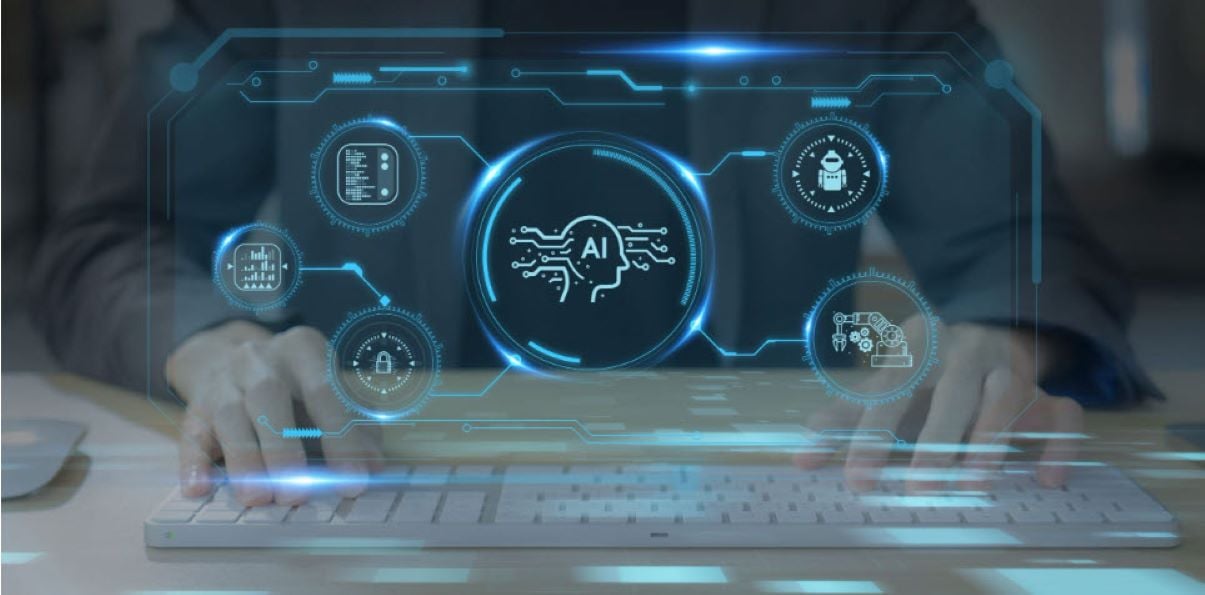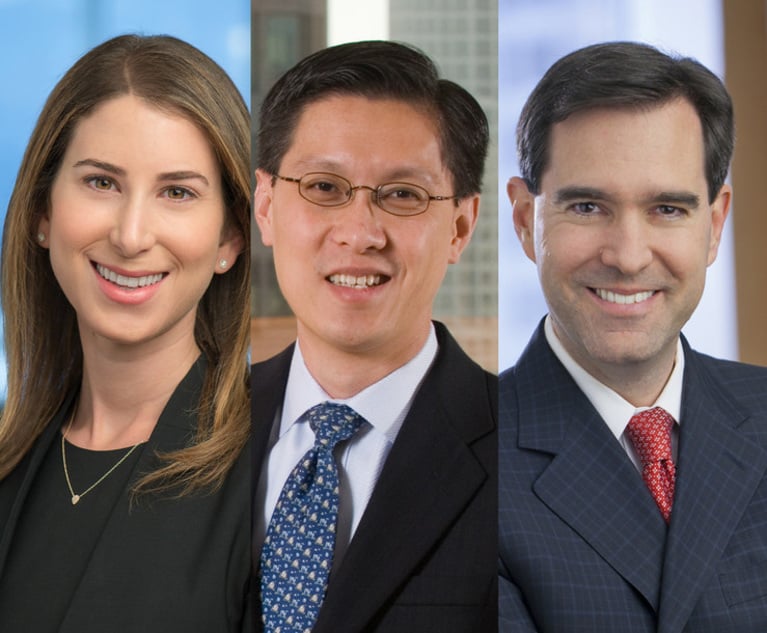In 1897, when Mark Twain read his own obituary, he was said to have remarked, “reports of my death have been greatly exaggerated.” The billable hour seems to echo Twain’s words with every prediction that a new technology will bring about a new business model for law firms. But could Generative Artificial Intelligence (Gen AI) actually be the technology that leads to the demise of the billable hour?
Longtime members of the legal profession can attest there is at least one more thing that could take its place alongside death and taxes on the list of life’s inevitabilities: Forecasts predicting the demise of the billable hour.
It’s been more than seven years since the 3 Geeks and A Law Blog published a collection of 20 high-profile instances in which the billable hour was pronounced dead … dating back as far as 1989. Alas, those predictions were a bit premature.
But the emergence of Gen AI technologies has cranked up that debate once again — and this time the early evidence suggests that the traditional law firm billing model is facing its greatest assault yet.
“For decades, commentators and practitioners in the corporate legal sector have prophesied the end of the billable hour, but Gen AI may now be the technological step-change that finally makes value-based billing a standard reality,” according to the 2024 Lex Mundi Summit Report, which was reported on by Law360.
Legal AI — Gen AI tools trained for the legal profession — is transforming the practice of law right now, creating significant new workflow efficiencies, according to panelists at one of the featured sessions during a recent Wall Street Journal event for law firm managing partners that was sponsored by LexisNexis.
“What comes up almost every single time I talk to a law firm about the benefits of Gen AI is the business model of a firm because there is so much interest in the time savings and the grunt work that goes away,” said Joanna Si, associate partner in the financial and professional services group at McKinsey & Company. “As much as we would like to say that the billable hour is dead, most of the work in legal services today continues to be billed by the hour. So we need to have lots of discussions on what the implications of Gen AI might be on the business model of the law firm and what this means for the billable hour.”
Ms. Si pointed out that the emergence of Legal AI may well be the impetus for actually reassessing whether law firm billing by the hour happens to be the way that things ought to be done in the legal industry. For example, firms might want to view their client engagements on a value-based analysis by revisiting their service pricing models, their staffing models and their workflow models.
The good news is that law firm leaders are already identifying opportunities to increase revenues with the assistance of the new technology. The LexisNexis 2024 Investing in Legal Innovation Survey: The Rise of Gen AI at Top Firms & Corporations, found that 54% of Am Law 200 firms are exploring new lines of business and new billable opportunities only possible because of Gen AI.
Of course, the realignment of law firm workflows and business models necessitated by the emergence of Legal AI is in conflict with centuries of inertia.
“We are an old-fashioned profession,” said Ilona Logvinova, managing counsel and head of innovation for McKinsey Legal. “We have a way of doing things and I think we can recognize that our operating system as a profession has not been refreshed for about 200 years. This is a problem but it’s also an opportunity, and that’s why this moment is so interesting now.”
Ms. Logvinova argued there will be the need for a “full-scale re-imagination of how we work” alongside Gen AI. For example, law firms will need to think through the apprenticeship model that has been a staple of the legal profession since its inception.
“We need to apprentice the machines and they need to apprentice us,” said Ms. Logvinova. “AI learns by training, so we have to teach it to be our greatest asset, but we also need to learn from it and integrate it into our workflows. It’s not about AI replacing us, it’s about an integration of AI into the way that we work.”
This integration is going to require law firms to cautiously evaluate the implications of Gen AI on their business models, including the resilient billable hour.
This article was based on one of the panel discussions at the Wall Street Journal event, “What Every Managing Partner & C-Suite Leader Needs to Know About Legal AI,” which took place on January 31st in New York City. Watch the entire session, Navigating Opportunities: Finding Benefits in AI Growth, for more insights from industry leaders.
To read more insights and thought leadership from Lexis+ Ai, click here.
NOT FOR REPRINT
© 2024 ALM Global, LLC, All Rights Reserved. Request academic re-use from www.copyright.com. All other uses, submit a request to [email protected]. For more information visit Asset & Logo Licensing.


 Could Generative Artificial Intelligence (Gen AI) actually be the technology that leads to the demise of the billable hour?
Could Generative Artificial Intelligence (Gen AI) actually be the technology that leads to the demise of the billable hour?







